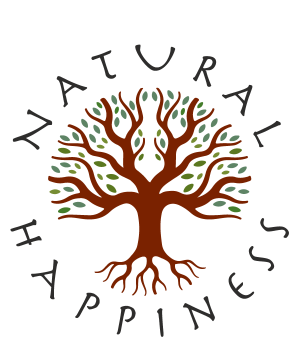Here’s a provocative thought: in a natural system, there is no waste. Anything which seems useless or decayed can be repurposed, and one of the main processes for this is composting. Animal and plant waste may look and smell unpleasant, but it’s full of energy and nutrients, and can easily be transformed so these can be used.
I’ve been sharing my Natural Happiness approach for over twenty years, and of its seven seed ideas, composting is often the one that people grasp with excitement. I explain that we’re not talking about physical recycling like plastic cups, but about converting negative human energy, such as anxiety, anger, bewilderment.
Most of us spend a lot of effort in denying or suppressing bothersome thoughts and feelings, because we don’t know how to deal with them. The composting analogy helps because it shows us the scope to extract useful energy and insights from them.

What an opportunity!
To learn more about how composting works for people, see my Resource Guide, or watch this short video.
So why is composting a skill for our times? Here’s a brief view on this:
- Individuals: our experiences both during lockdown, and as the rules are loosened, have given most of us a load of anxieties, daily choices, tricky questions to resolve. Composting can help us to get insights from all this, and to upcycle the negative energies of stress.
- Communities: at the local, collective level we face questions such as what we’ve learned from covid, and how to be better prepared and more resilient to future pressures, such as food security and climate change. Working more closely together, especially amid challenges, needs high skills in group composting. This is one aim of the Future Conversations programme for communities that I’ve helped set up.
- National: the UK Government’s track record with covid has some real successes, and some cringing failures. Instead of the typical hot air and blaming, wouldn’t it be great to have a process which composted the positives and the negatives, and gave us guidance and enthusiasm to do better in future?
